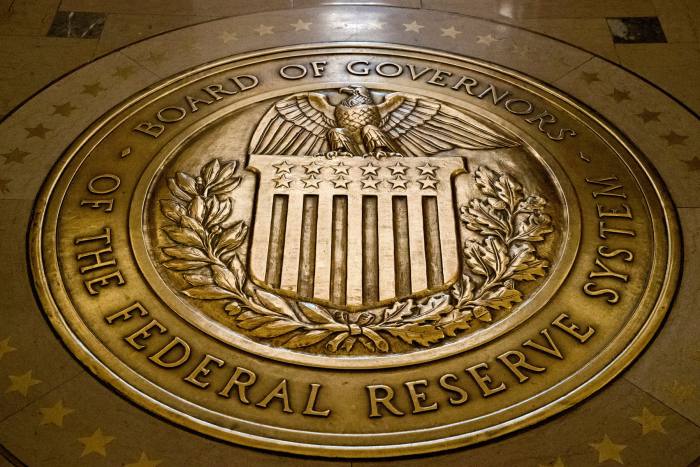
The Federal Reserve's decision to hike US interest rates by a further 0.75 percentage points confirms it is "laser focussed on bringing inflation under control, even if this hurts the economy", commentators have said.
The federal funds target rate is now between 3 and 3.25 per cent after a third consecutive raise on Wednesday (September 21).
During the announcement Fed chair Jay Powell took a more subdued stance than before and accepted there may not be a "painless" way to get inflation under control.
The Fed expects rates to rise to 4.4 per cent by the end of the year and to peak at 4.6 per cent in 2023, before coming down to 3.9 per cent in 2024 and 2.9 per cent in 2025.
The yield on the two-year Treasury surged to 4.1 per cent in response, before dropping back down to 4.0 per cent in late afternoon. This is the rate that is sensitive to changes in monetary policy.
The 10-year yield dropped from an initial surge to 3.6 per cent in the early afternoon to 3.5 per cent at trading close.
Seema Shah, chief global strategist at Principal Global Investors, took the announcement to mean the Fed is engineering a hard landing, meaning the US could enter a recession as opposed to just slowing growth.
She said: “Jerome Powell almost channelled his inner Paul Volcker today, talking about the forceful and rapid steps the Fed has taken, and is likely to continue taking, as it attempts to stamp out painful inflation pressures and ward off an even worse scenario later down the line.
“With the new rate projections, the Fed is engineering a hard landing – a soft landing is almost out of the question."
James McCann, deputy chief economist at Abrdn, agreed the Fed was firmly focused on inflation at the expense of the economy.
"Today’s action backs up recent rhetoric from the central bank that it is laser focussed on bringing inflation under control, even if this hurts the economy," he said.
He believes the Fed will ultimately succeed in taming inflation, albeit at the cost of engineering a recession next year.
George Lagarias, chief economist at Mazars, warned the Fed's "relentless war on inflation" came at a heavy price for global consumers and investors.
"Other central banks are compelled to follow to reduce the impact of a stronger dollar, further suppressing their own consumption," he said.
"Meanwhile financial markets have become very volatile, as the search for the next market-friendly narrative remains elusive. The stakes are very high.
"Political leaderships have a low tolerance for a deep recession. Unless the Fed’s aggressive strategy bears visible fruit within the next few months, the US central bank could be blamed for crashing the fragile post-pandemic global economy."
Anna Stupnytska, global macro economist at Fidelity International, said without delivering the full 100bp, the Fed still managed to "outhawk" the markets and predicted it would continue to do so until it saw the desired results.





